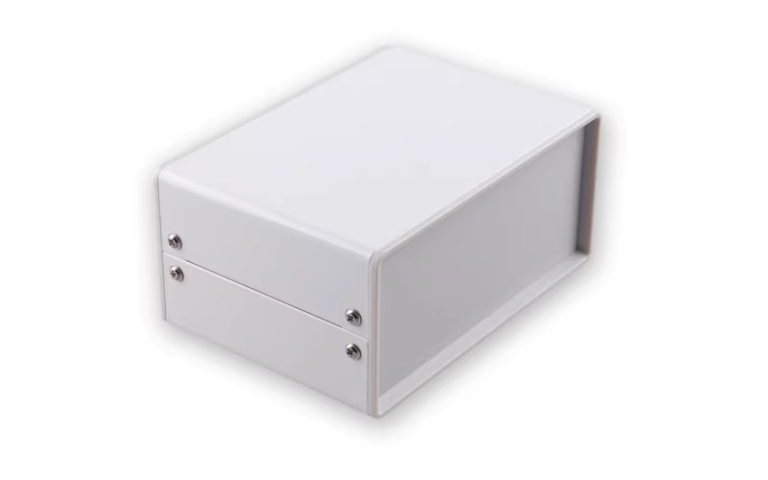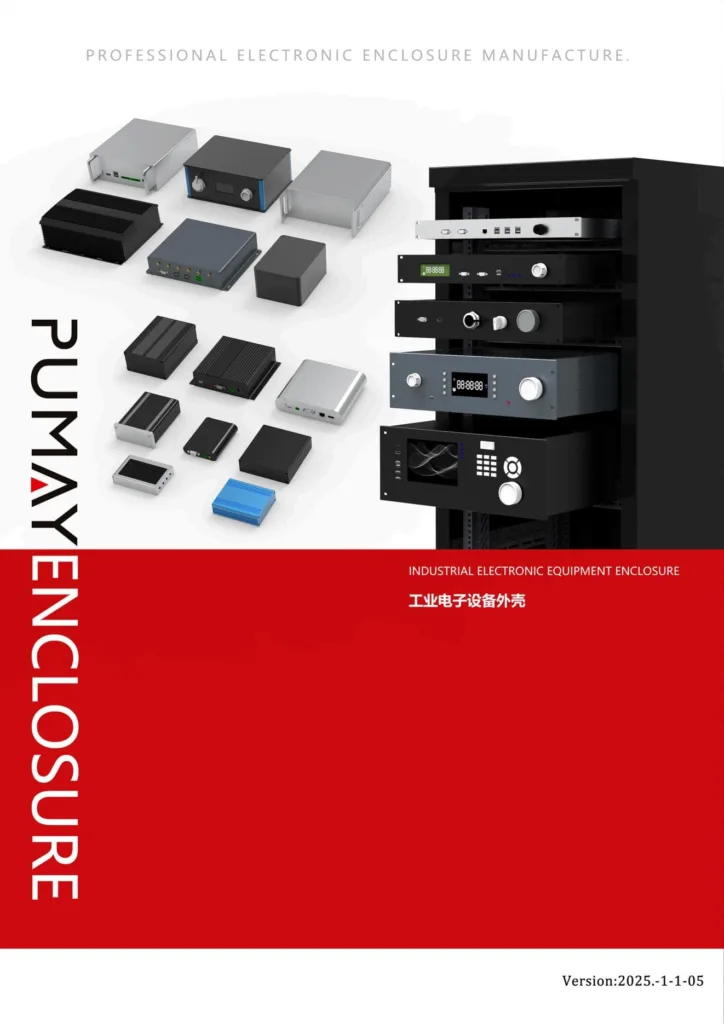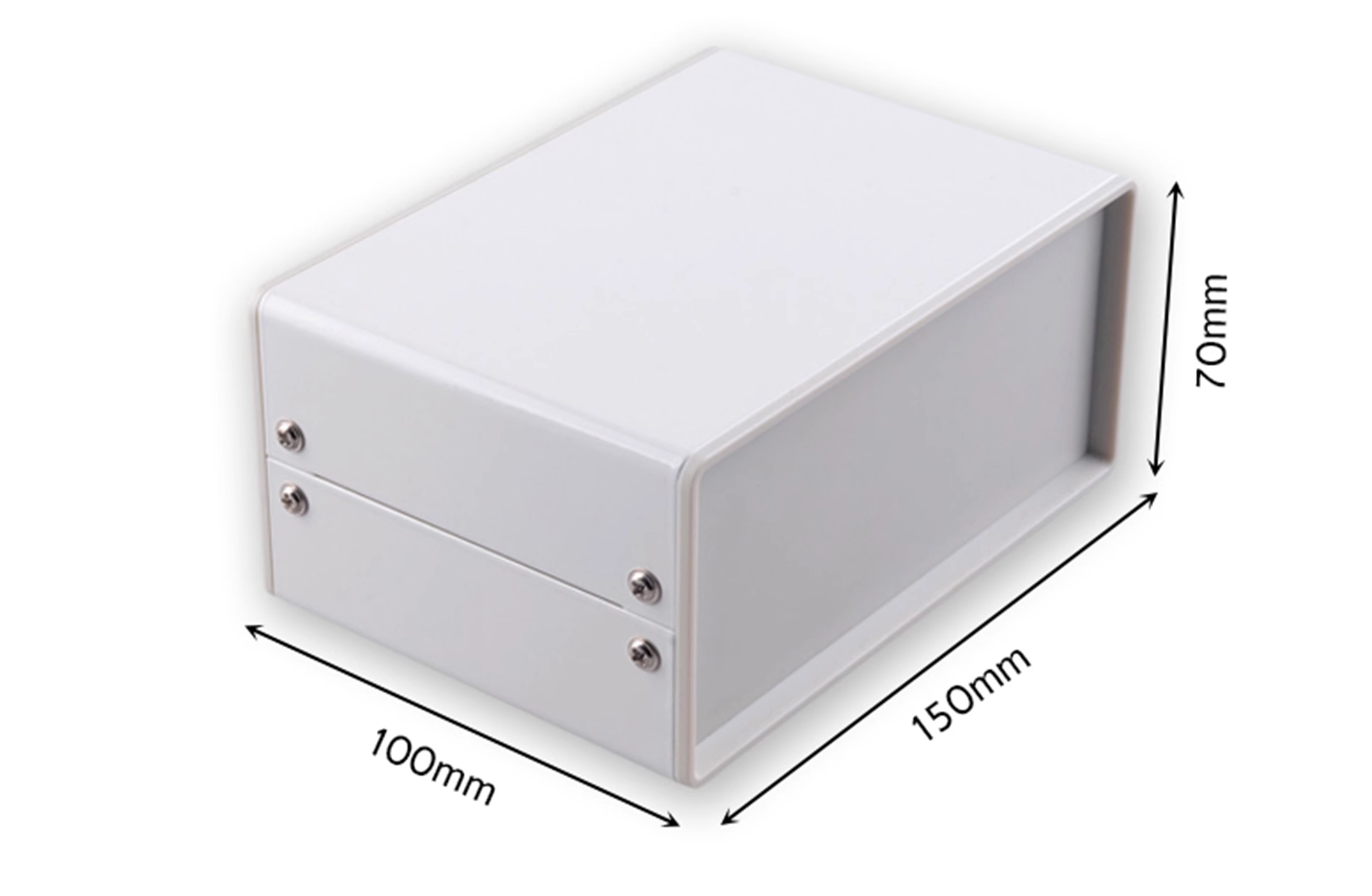
When it comes to choosing between plastic and metal electrical boxes, the decision can significantly impact the safety and durability of your electrical system. But which one is better?
The choice between a plastic or metal electrical box depends on factors like safety, location, and cost.
Understanding the differences between these two materials will help you make an informed decision for your next electrical project.
Is It Better to Use Metal or Plastic Electrical Boxes?
The debate between metal and plastic electrical boxes is common in electrical installations. Both materials have their own set of advantages and drawbacks.
The choice between metal and plastic electrical boxes depends on your specific needs, but metal boxes often provide superior grounding and durability.
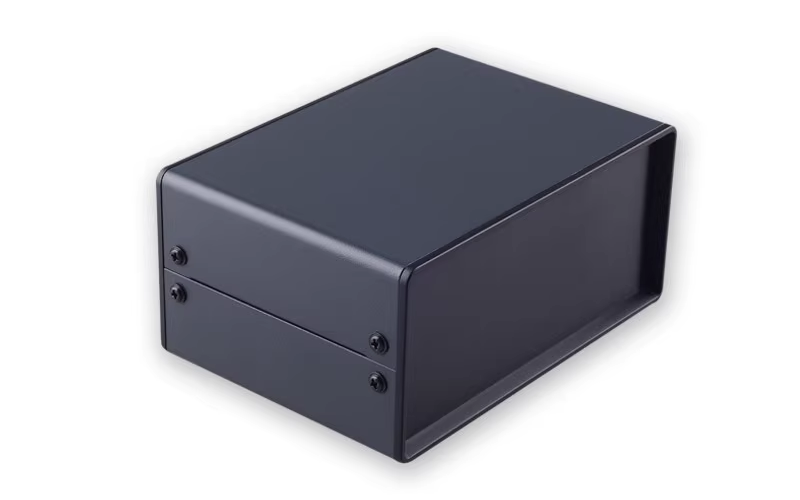
Comparing Metal and Plastic Electrical Boxes
Metal electrical boxes, typically made from steel or aluminum, are known for their durability and grounding capabilities. They are more robust and are often used in industrial or commercial settings where high durability is essential. Metal boxes are grounded, which means they can safely direct any electrical faults away from the system, reducing the risk of electric shocks or fire hazards.
Plastic electrical boxes, on the other hand, are lighter, easier to install, and more affordable. They are non-conductive, which makes them safer in some respects because they don’t need grounding. This is especially helpful in areas where grounding is difficult or unnecessary. Plastic boxes are commonly used in residential settings, especially for light switches or outlets.
| Factor | Metal Boxes | Plastic Boxes |
|---|---|---|
| Durability | High – resistant to impact. | Moderate – can crack under stress. |
| Grounding | Provides built-in grounding. | Requires separate grounding. |
| Cost | More expensive. | More affordable. |
| Ease of Installation | Requires more effort. | Easier to install. |
The decision between the two will depend on where and how the box will be used. If your priority is safety and durability, metal boxes may be the right choice. If you need something lightweight and cost-effective, plastic boxes may be better suited.
Which Box is Best for Electricity?
Both plastic and metal boxes are safe for electrical installations, but each offers specific advantages depending on the circumstances.
The best electrical box for electricity depends on the installation environment and safety needs.
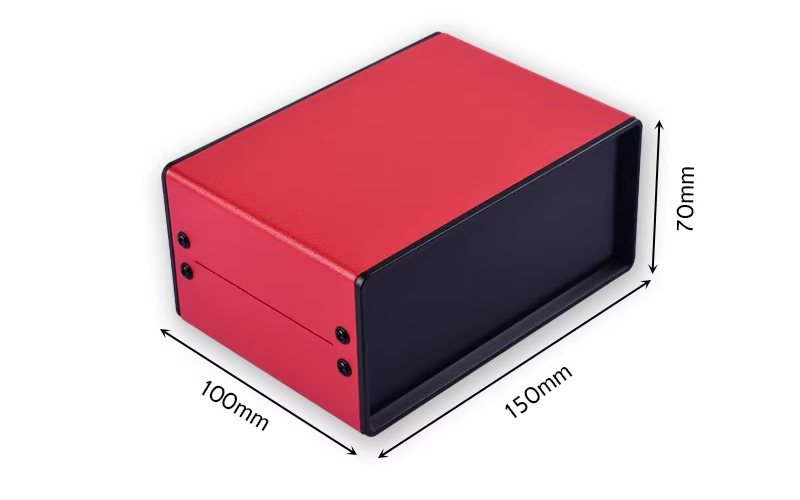
Best Box for Different Electrical Needs
For most standard residential applications, plastic electrical boxes are sufficient. These boxes are commonly used for light switches, outlets, and light fixtures. They are cost-effective, easy to work with, and don't require grounding.
However, for installations that involve heavy-duty equipment or industrial applications, metal electrical boxes are often the better choice. Metal boxes provide enhanced durability and safety features, such as grounding, which is crucial for handling higher currents and avoiding electrical faults. For example, in areas prone to high electrical risks or areas with heavy machinery, metal boxes are often a legal requirement due to their superior grounding capabilities.
| Factor | Metal Boxes | Plastic Boxes |
|---|---|---|
| Ideal for | Industrial and commercial use. | Residential use, light switches, outlets. |
| Electrical Fault Safety | Excellent grounding. | Not grounded, but safe for low-voltage systems. |
| Durability | High, impact-resistant. | Moderate, prone to cracking under stress. |
Ultimately, the best choice depends on the environment in which the box will be installed and the type of electrical system it will house.
When to Use a Metal Utility Box?
Metal utility boxes are specifically designed for use in environments where durability, safety, and fire resistance are essential.
Metal utility boxes should be used in industrial, commercial, or outdoor environments where strength and safety are critical.
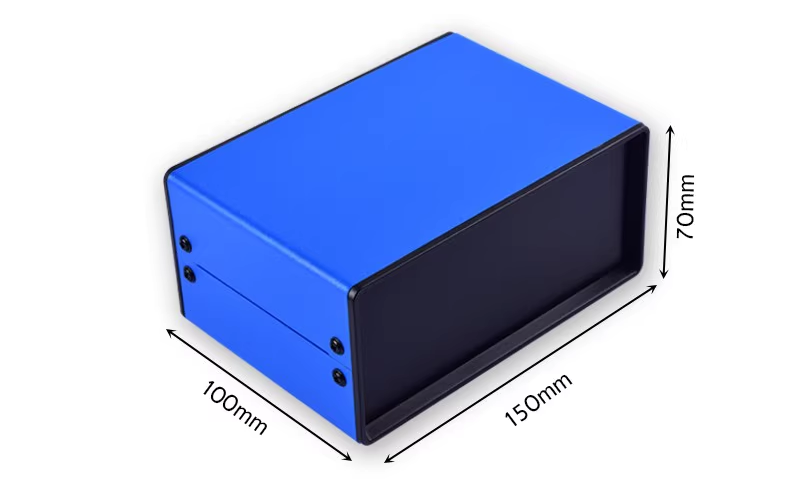
The Benefits of Metal Utility Boxes
Metal utility boxes are ideal for outdoor installations or in areas where electrical components are exposed to harsh conditions. For instance, in industrial settings or in places where high electrical load is expected, metal boxes provide enhanced safety by preventing electrical faults from causing fires. The metal material is non-combustible and can withstand higher temperatures, making it a safer choice for utility installations.
Metal boxes also provide a more secure casing for electrical connections, preventing accidental tampering or damage. For utility workers or maintenance personnel, metal boxes provide an additional level of protection against electrical hazards.
| Feature | Metal Utility Boxes |
|---|---|
| Fire Resistance | Excellent – non-combustible. |
| Durability | High – withstands physical damage. |
| Safety | Superior grounding, protects against electrical faults. |
| Application Areas | Industrial, commercial, outdoor settings. |
In summary, metal utility boxes are best used where the safety of electrical systems is paramount, particularly in demanding environments.
Can I Replace Metal Electrical Box with Plastic?
Replacing a metal electrical box with a plastic one is possible, but there are some important considerations to keep in mind.
You can replace a metal electrical box with a plastic one, but only if the installation requirements allow it.
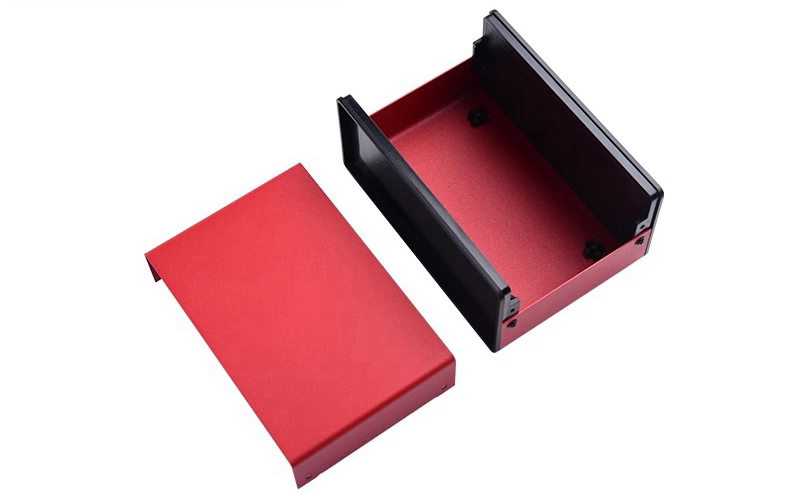
Considerations for Replacing Metal with Plastic
While it is possible to replace a metal electrical box with a plastic one, this decision should not be made lightly. If the metal box was chosen for grounding or durability purposes, switching to plastic could compromise safety, especially in industrial or high-power applications.
In residential settings, replacing a metal box with plastic is generally acceptable, provided the installation meets safety codes and doesn't involve high-power systems. Plastic boxes should also meet the National Electrical Code (NEC) standards for the specific application.
| Consideration | Metal Box | Plastic Box |
|---|---|---|
| Grounding | Required for safety. | Not required, but safer for low-voltage systems. |
| Safety Codes | Meets strict safety codes for high-power systems. | May not be suitable for high-power installations. |
| Durability | More robust and tamper-resistant. | Less durable, prone to cracking. |
If the original installation is for low-power applications such as lighting, then replacing the metal box with plastic can be a practical and cost-effective choice.
Why Do Electricians Use Plastic?
Electricians often use plastic electrical boxes because they are easier to install, lightweight, and cost-effective.
Plastic electrical boxes are favored by electricians for their ease of use, low cost, and safety in low-voltage applications.
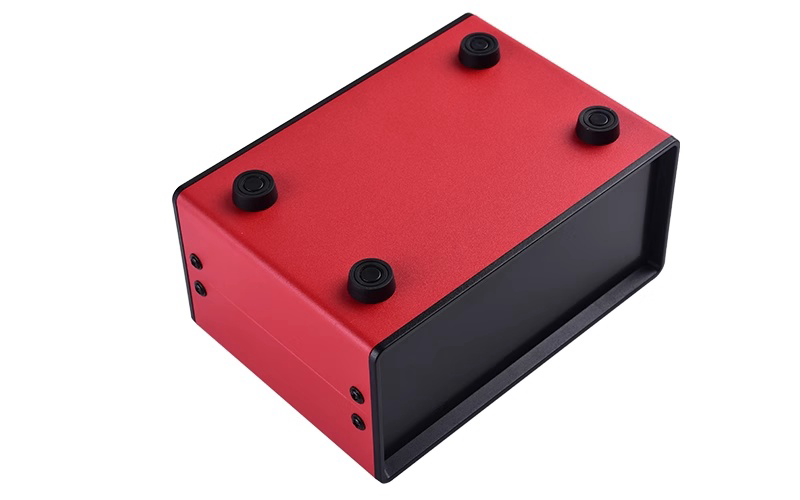
Dive Deeper: Advantages of Using Plastic Electrical Boxes
Plastic electrical boxes are often preferred for residential applications due to their simplicity and affordability. They are easier to work with since they don’t require grounding, and their lightweight nature allows for faster installation. Additionally, plastic boxes can be used in a wide range of applications, from small light fixtures to larger outlets.
Electricians also appreciate that plastic boxes can be mounted directly on wood or drywall, providing greater flexibility during installation. Furthermore, since plastic is non-conductive, it provides additional safety when working in areas where grounding might be difficult or unnecessary.
| Benefit | Plastic Boxes |
|---|---|
| Ease of Installation | Lightweight and easy to mount. |
| Cost | Affordable, reducing project costs. |
| Safety | Non-conductive and safe for low-voltage systems. |
| Versatility | Suitable for most residential applications. |
Overall, plastic electrical boxes are a practical choice for many electricians, offering a balance of convenience, cost savings, and safety for typical home electrical projects.
Conclusion
Choosing between plastic and metal electrical boxes depends on the application. While plastic boxes are more affordable and easy to install, metal boxes offer better durability, safety, and grounding. Understanding the requirements of your electrical system will guide you in selecting the right type of box.

